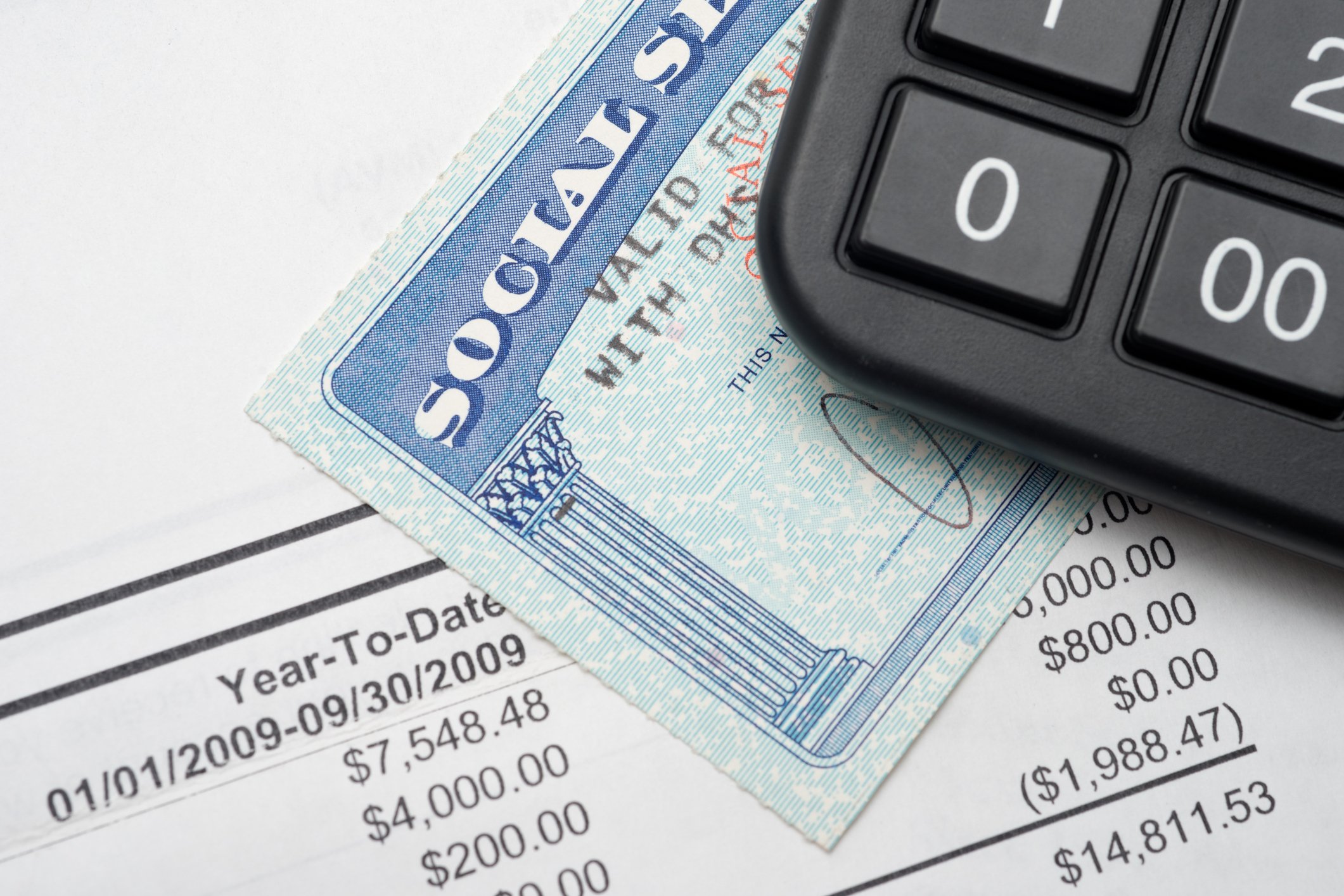With summer kicking into gear, many of us are more focused on beach days and vacations than we are on our finances. But now that we're midway through 2019, it's essential to carve out a little time for a personal financial review. Here are a few things you should do in the coming weeks to ensure that you're able to close out 2019 in a financially secure place.
1. Assess your budget -- or create one
Ideally, you should be following a budget to keep track of your ongoing spending. If you don't have a budget in place, consider this your wake-up call to create one immediately. And if you have been using a budget, spend a few minutes evaluating it to see if it's really accurate. For example, you may have initially allocated $1,200 a month to rent, but if your lease expired and you're now paying $1,250 a month, that's something you'll want to adjust.

IMAGE SOURCE: GETTY IMAGES.
2. Automate your savings
Saving money gets so much easier when the temptation to spend it is removed. That's why automating your savings is such a great idea -- it effectively forces you to stick to the goals you've mapped out for yourself.
There are several ways you can automate your savings, depending on your needs. If you're looking to build an emergency fund with three months' worth of living expenses, you can arrange for a portion of each paycheck you receive to move from your checking account to your savings account until that goal is met. If you're good on emergency savings but want to keep building a nest egg, you can sign up for your employer's 401(k) plan and have a portion of each paycheck land there directly. And if you don't have access to a 401(k), you can find an IRA with an automatic transfer option and do something similar.
3. Review your investments
Whether you're investing in a retirement plan or a traditional brokerage account, it's important to check up on your portfolio every so often and make sure that it's not only performing well, but that it's appropriately diversified. If, for example, you're not pleased with the returns you've generated over the past six months, you can shift some investments around to change things up. That could mean investing a bit more aggressively by replacing some bonds with stocks, or it could mean buying different stocks if the ones you have are too similar or aren't doing well.
4. Adjust your tax withholding
The 2018 tax overhaul brought a lot of changes to the tax code, including a brand-new set of withholding tables for employers to follow. Those tables were designed to put more money back in workers' paychecks, but, unfortunately, many tax filers wound up owing money on their 2018 returns because they failed to adjust their withholding and actually received too much of a boost.
If that happened to you, review your withholding and make changes as necessary. You should consider claiming fewer allowances for the remainder of the year if you owed a lot of money when you filed your most recent tax return, or if you earn a lot of income outside of your regular paycheck (such as income from investments or a side hustle).
5. Evaluate the progress you've made toward your goals
Chances are, you established one or more money-related goals at the start of the year. Maybe you wanted to save $3,000 for a dream vacation next winter. Maybe you were hoping to sock away $15,000 as a down payment for your first home. Now that we're at the midpoint of the year, take a look at how far you've come in reaching those goals, and adjust your plans as necessary to increase your chances of meeting them. For example, if you've only saved $4,000 of the $15,000 you were hoping to bank for a home purchase, you may need to think about cutting back on spending or getting a side job in the coming months to hit that target.
The middle of the year is a great time to examine your finances and make sure everything is on track. Spend some time in the next few weeks working through the points above -- you'll be thankful you did come December.





